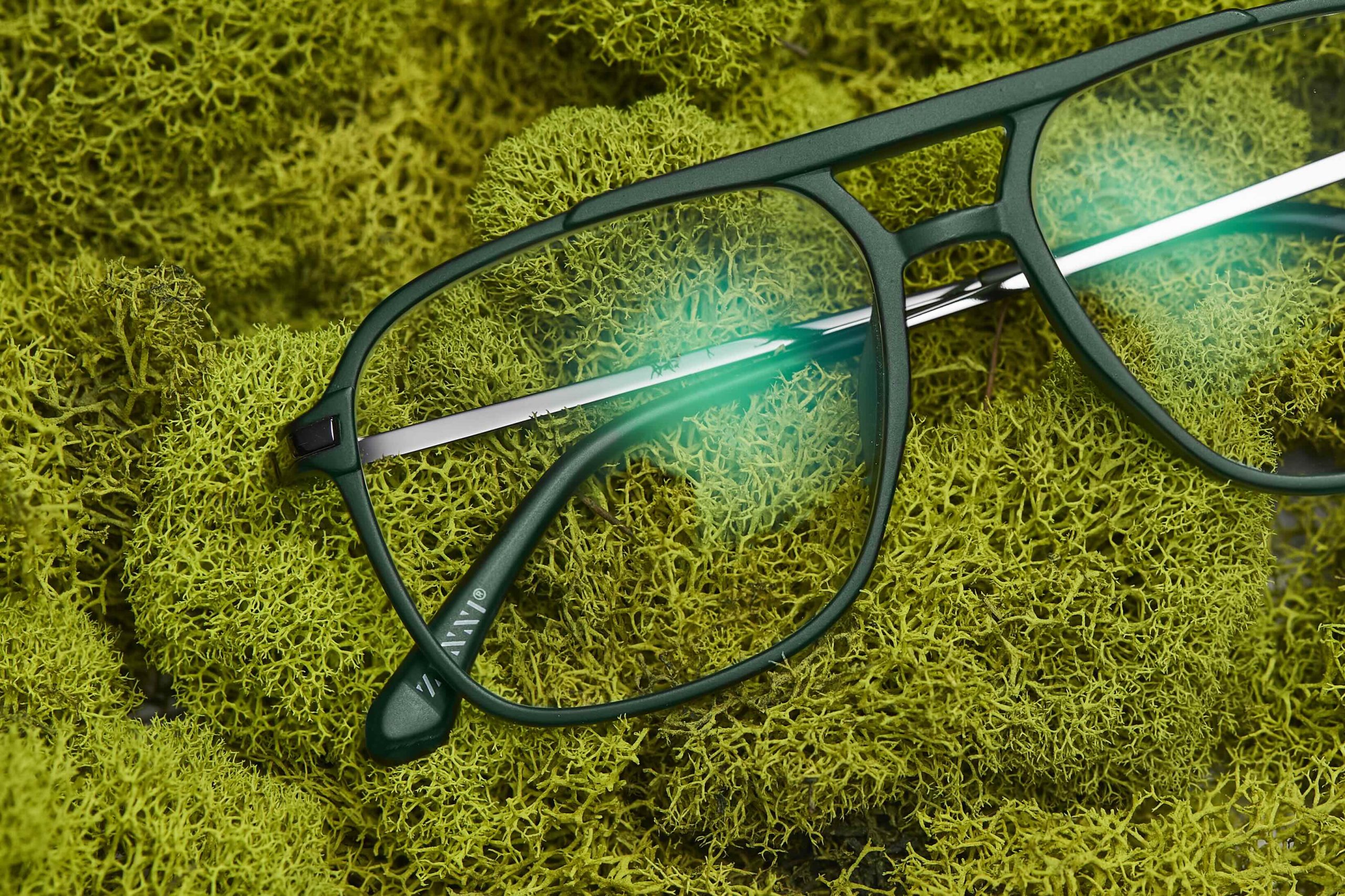Rubbing Your Eyes: The Allergy Connection Revealed
- BY Dr. Sophia Moh
- IN Education

Have you ever found yourself rubbing your eyes repeatedly, especially during certain seasons or after exposure to allergens? While it may seem like a harmless habit, rubbing your eyes can actually exacerbate allergy symptoms and lead to further discomfort. Let’s delve into the connection between rubbing your eyes and allergies, and explore why it’s essential to break this cycle for optimal eye health.
The Itchy-Eye Dilemma: Why Do Allergies Make Us Rub?
Allergies, whether triggered by pollen, dust, pet dander, or other environmental factors, can cause a range of uncomfortable symptoms, including itching, redness, and irritation in the eyes. When allergens come into contact with the eyes, they can trigger an immune response that leads to the release of histamine, a chemical that causes itching and inflammation. As a result, the urge to rub or scratch the eyes becomes irresistible in an attempt to alleviate the discomfort.
The Risks of Eye Rubbing: From Harmless Habit to Harmful Effects
While rubbing your eyes may provide temporary relief from itching, it can actually worsen allergy symptoms and lead to a host of negative consequences for your eye health. Vigorous rubbing can cause tiny blood vessels in the eyes to rupture, resulting in redness and even dark circles under the eyes. Additionally, rubbing can introduce bacteria from your hands into your eyes, increasing the risk of eye infections such as conjunctivitis (pink eye).

Breaking the Cycle: Tips for Managing Allergy Symptoms Without Rubbing
Breaking the cycle of eye rubbing is crucial for managing allergy symptoms and protecting your eye health in the long run. Here are some tips to help you manage allergies without resorting to rubbing:
- Use over-the-counter or prescription allergy eye drops to relieve itching and redness.
- Apply cool compresses to the eyes to soothe inflammation and reduce swelling.
- Keep allergies at bay by regularly cleaning your home, washing your hands, using air purifiers, and avoiding outdoor activities during peak pollen seasons.
- Wear sunglasses when outdoors to shield your eyes from pollen and other allergens.
- Avoid rubbing your eyes, no matter how tempting it may be. Instead, try gently pressing on your eyelids or blinking frequently to alleviate itching.
The Role of Proper Eyewear in Allergy Management
Investing in the right eyewear can greatly aid in managing allergy symptoms and safeguarding your eyes against irritants. Both glasses and sunglasses serve as a physical barrier, effectively shielding your eyes from pollen, dust, and other airborne allergens. This barrier minimizes the chances of allergic reactions by creating a protective shield between your eyes and the surrounding environment. Zenni offers a wide range of stylish and affordable eyewear options, including prescription and non-prescription glasses with features such as anti-reflective coatings and blue light blocking lenses.
While rubbing your eyes may provide temporary relief from allergy symptoms, it can ultimately do more harm than good. By understanding the connection between eye rubbing and allergies and adopting alternative strategies for managing symptoms, you can safeguard your eye health and enjoy clearer, more comfortable vision year-round. If you are experiencing symptoms such as itching, redness, excessive tearing, sensitivity, or a burning sensation in your eyes, it’s crucial to seek assistance from an eye care professional promptly. Remember, when it comes to allergies and eye care, prevention and proactive management are key.


